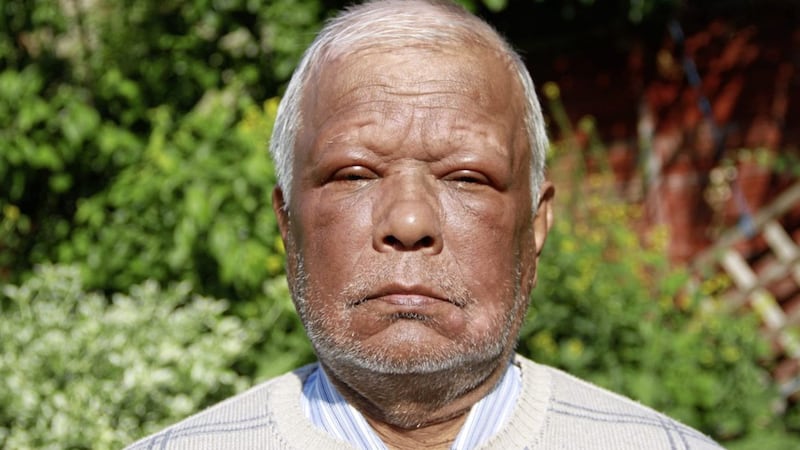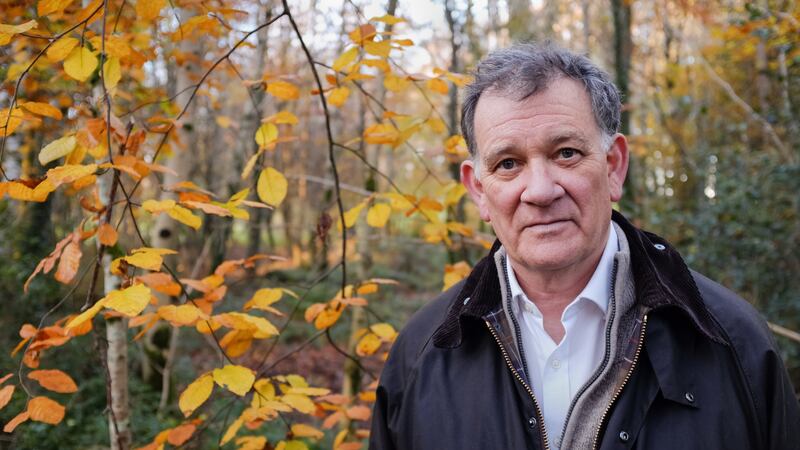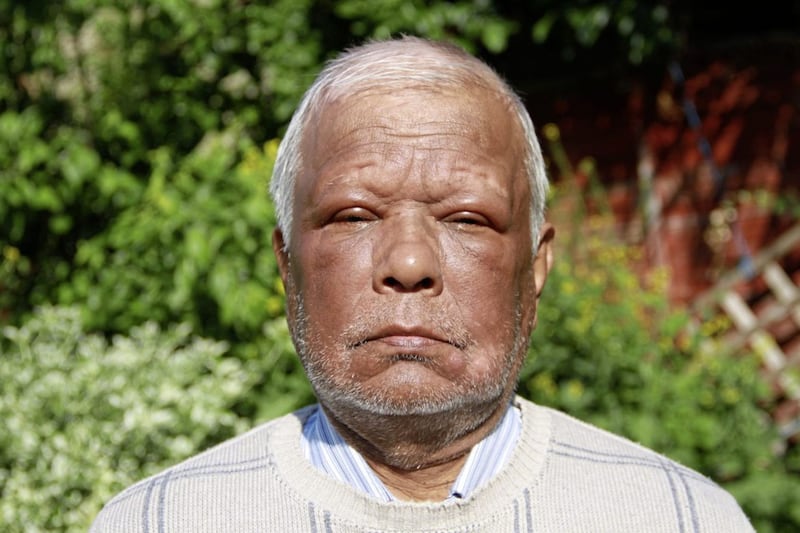The Diagnosis Detectives, BBC 2, Monday
Imagine having a dozen of the top medical experts in the country examining your difficult to diagnose case.
No doubt it would be welcome if you’d spent years without an explanation for what’s wrong with you, but still, all that personal detail on television?
In this clever format from the BBC, the docs approach the cases like a team of detectives.
Medicine and police work is a familiar analogy, but The Diagnosis Detectives makes sure we get the message.
The docs sit in high-tech situation room with the main details of the client on a big screen and the patient’s notes on tablets in front of them.
The experts – from fields such as dermatology, gastroenterology, neurology and immunology – discuss theories and assign the case to one or a number of the consultants.
The chief superintendent leading the team, as it were, is Michael Mosley, doctor and television presenter.
First up was Paul Bolakee, a 75-year-old from London who has had a strange swelling of the face for the past 18 months. The swelling was so severe that friends couldn’t recognise him and he was struggling to see first thing in the morning.
He’d had numerous tests and consultations but nobody could come up with a diagnosis.
The team first assigned him to the pulmonologist, who happily ruled out a blockage in the vein which drains blood from the head, apparently a sign of lung cancer.
Then it was on to the rheumatologist who couldn’t help and finally the dermatologist who had a number of suspected culprits, including leprosy and a tropical disease.
After many more tests, it turned out to an auto-immune problem which could be treated but not cured, but at least Paul finally had an answer and his fear that he was dying could be set aside.
The second case in the first episode of four was Judy, a 71-year-old from Kent who had been suffering with vomiting since 2007.
More recently she was struggling to eat solid food and had lost 10 kilos in the previous three months. “She is just skin and bone. It’s just going to kill her,” said daughter Jayne with tears in her eyes.
The detective team considered various possibilities, but Dr Ray Shidwair was convinced he knew the guilty party and offered to take the case on alone.
He had a couple of setbacks along the way but eventually was proved right - that Judy’s Vagus Nerve was damaged during a previous operation and the trigger to empty her stomach after eating was not getting from her brain to her gut.
This was resulting in the body purging the stomach because it wasn’t emptying normally. Dr Shidwair couldn’t repair the Vagus but he could operate on the stomach valve to allow it to empty quicker.
Fascinating stuff.
***
Tour de France, ITV 4, Eurosport, Wednesday
As if it wasn’t a fantastic television spectacle already, Tipperary man Sam Bennett became the first Irishman to take a green jersey at the Tour de France in more than 30 years.
Bennett, who was born in cycling mad Belgium to Irish parents, took the jersey on Wednesday from Peter ‘The Great’ Sagan.
The last time it was in Irish hands they belonged to fellow Carrick-on-Suir wheeler, Sean Kelly in 1989.
It’s been a week for the romance of sport at the tour with home country favourite taking and losing the yellow jersey.
Julian Alaphilippe pointed to the heavens after winning stage two and later cried during the interviews when he revealed that his father had died on the day the tour had been due to start (pre-Covid) in July.




